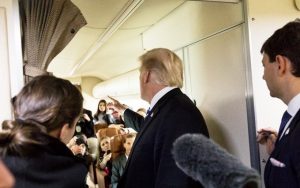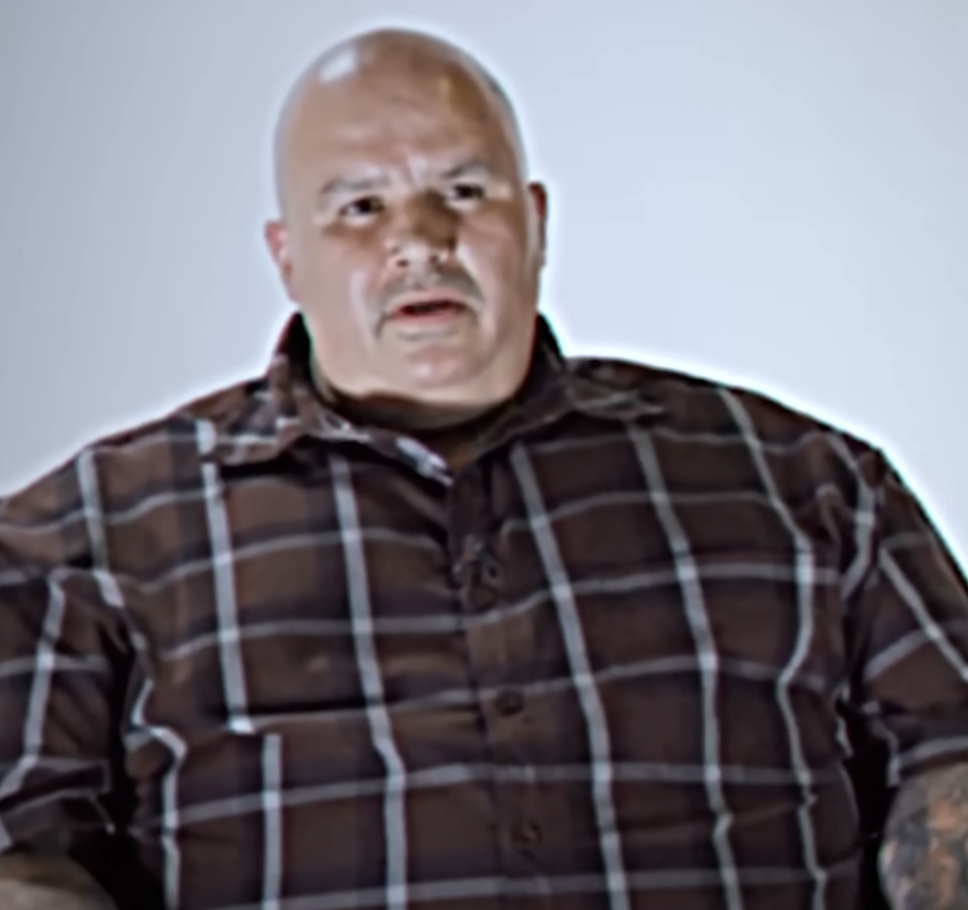
By Steve Neavling
Ticklethewire.com
The secret recording of Donald Trump discussing a hush payment to a former Playboy model who claimed they had an affair strongly suggests the president and his team knew about the payment and lied about it.
But did he break the law?
The payment to former Playboy model Karen McDougal came just two months before the presidential election, and that’s important because many election experts believe the money would need to be disclosed as part of Trump’s campaign finances.
“If Trump did want a cash payment, that might have been to conceal evidence — at the time — of what may have been a violation of campaign finance law,” the New York Times wrote. “Other aspects of the call show Trump preoccupied with the election, and as Philip Bump points out, this suggests Cohen was, for all practical purposes, making this payment as an “agent” of Trump’s campaign, making this a potential undisclosed campaign expenditure, which could be illegal.”
Former U.S. Attorney Barbara McQuade told the New York Times that it’s significant that Trump mentioned cash.
“If this expenditure was made on behalf of the campaign and it was not disclosed, and it was done willfully, that’s a crime,” McQuade said. If Trump wanted that done in cash, McQuade continued, “it suggests an effort to conceal the payment. If you’re hiding things, prosecutors often see that as some indication that you believe you were guilty, that you knew what you were doing was illegal. Taking steps to cover it up does tend to establish that willfulness. That could be incriminating.”
The Times added:
McQuade added that in such a scenario, prosecutors could conceivably see Trump as a “co-conspirator” in a “conspiracy to violate campaign finance laws,” though McQuade added that it’s unlikely that prosecutors would bring such charges against a sitting president, even by naming him as an “unindicted co-conspirator.” Still, McQuade added that if more evidence emerged of additional instances of such payments, “the case may become more significant.”





